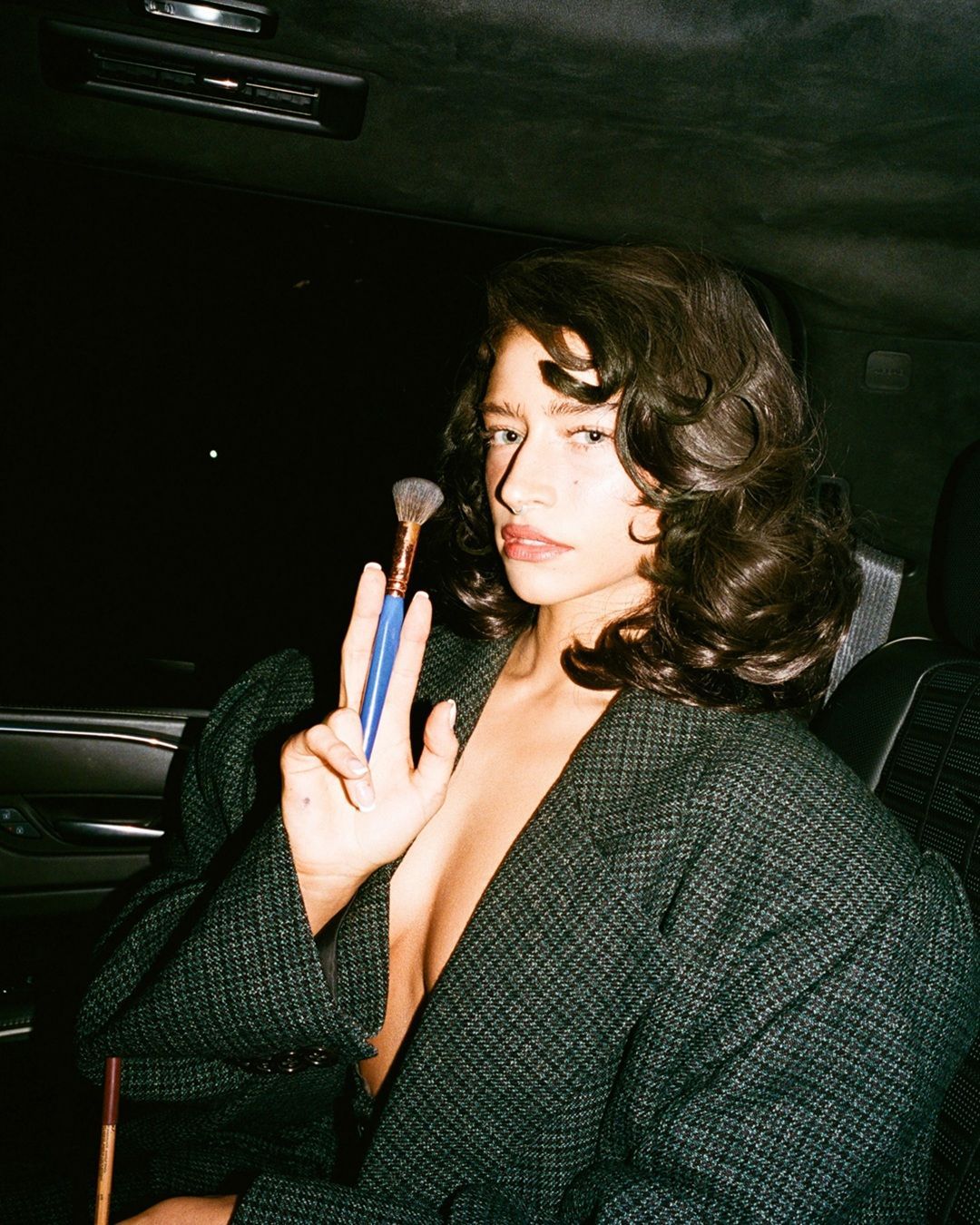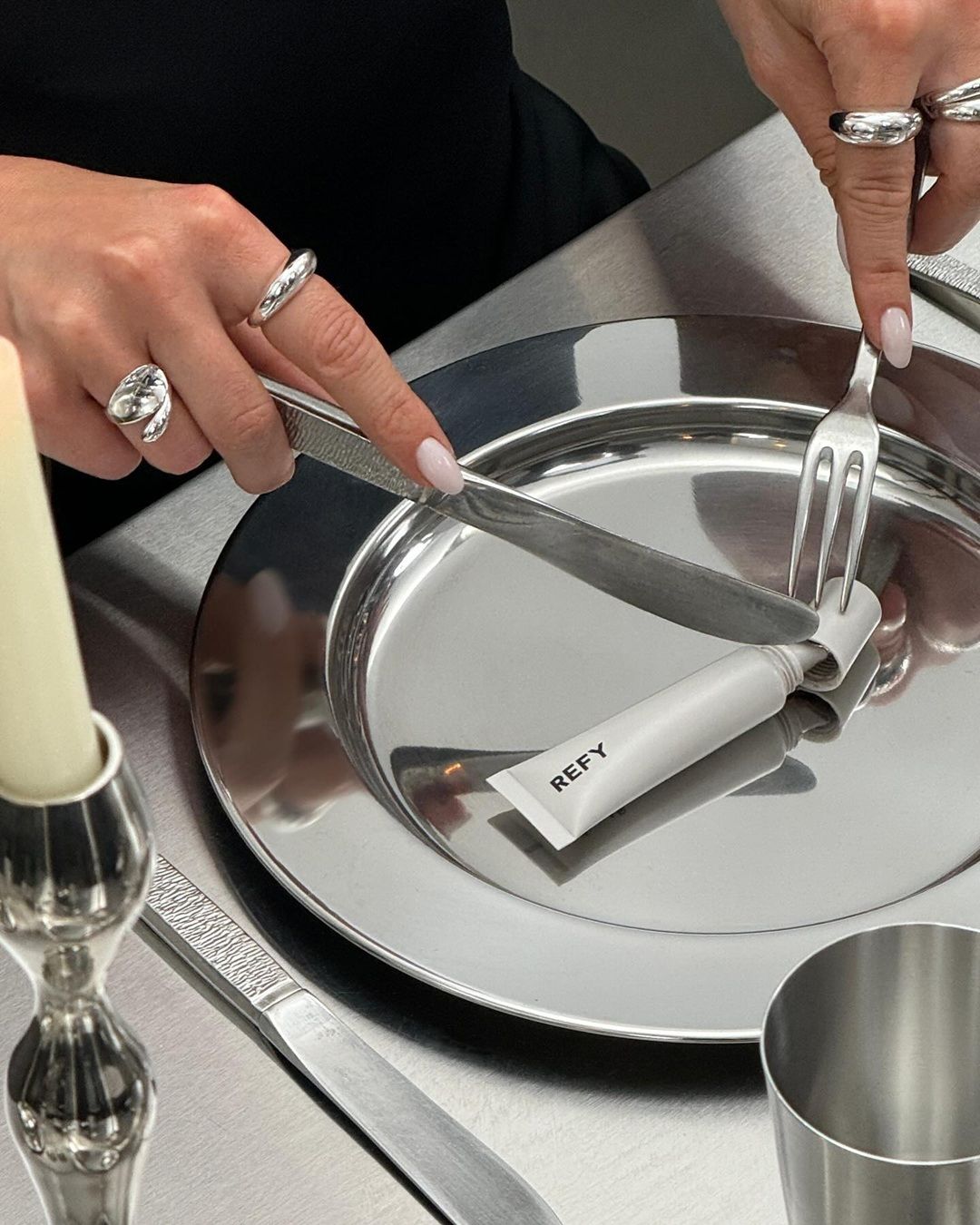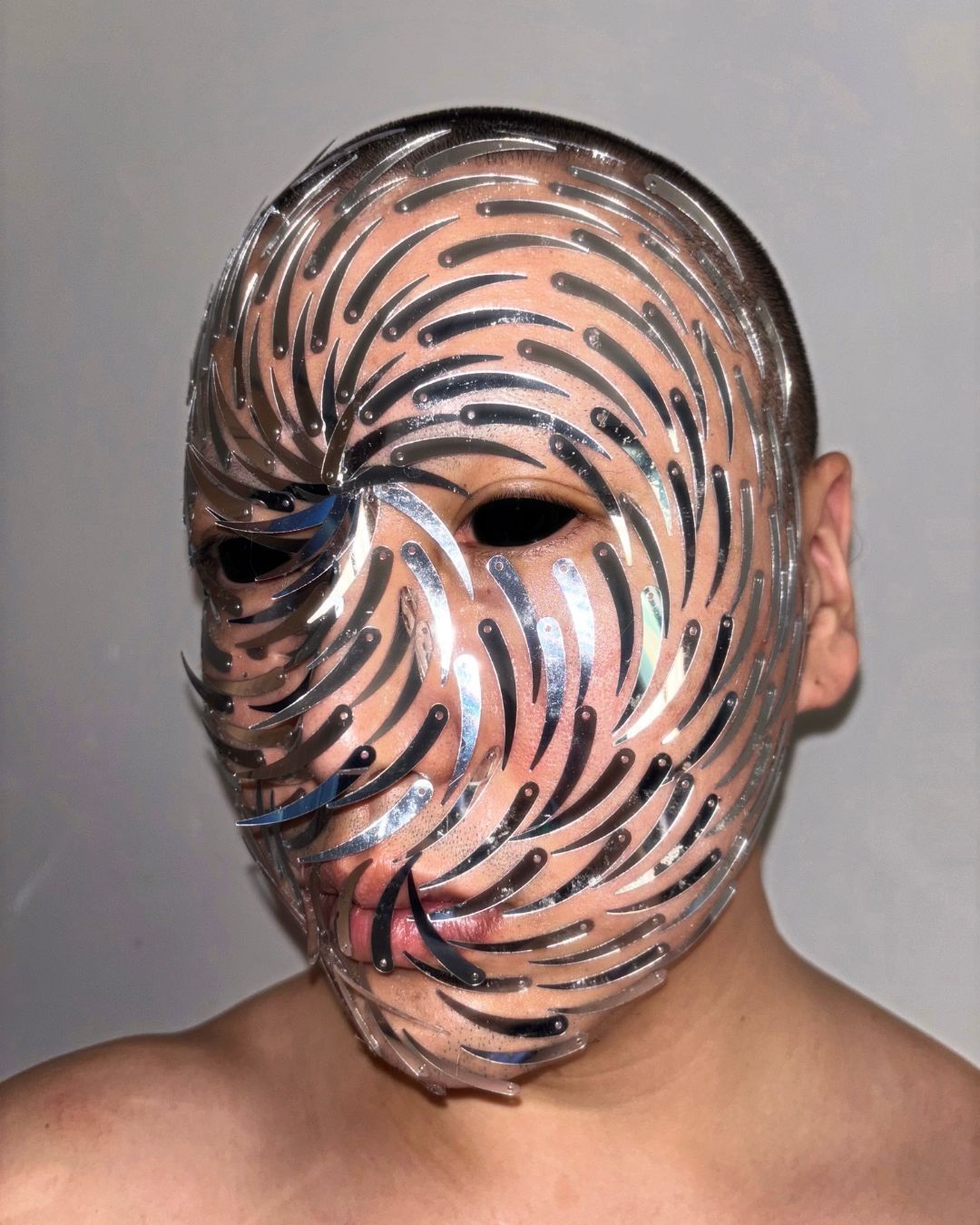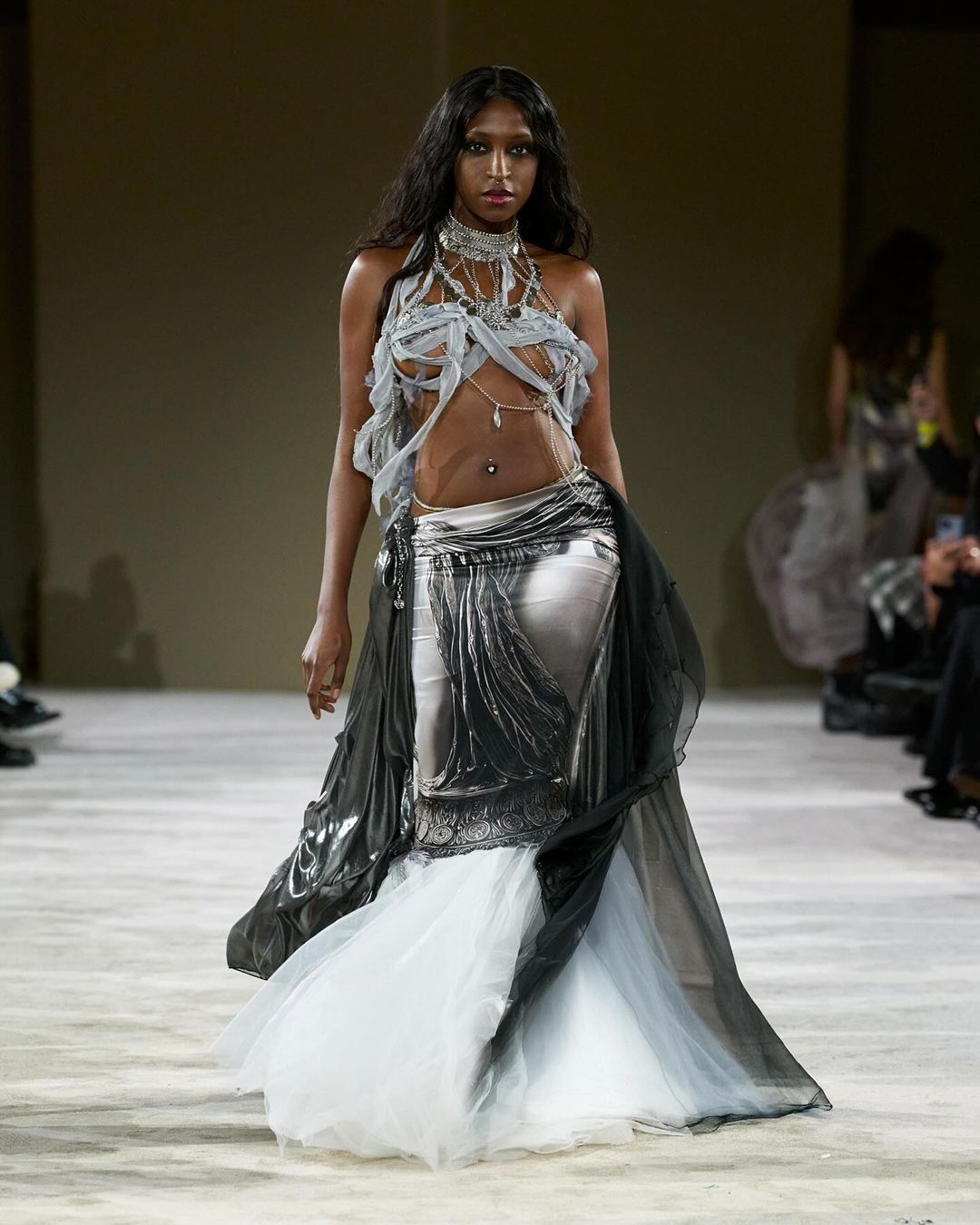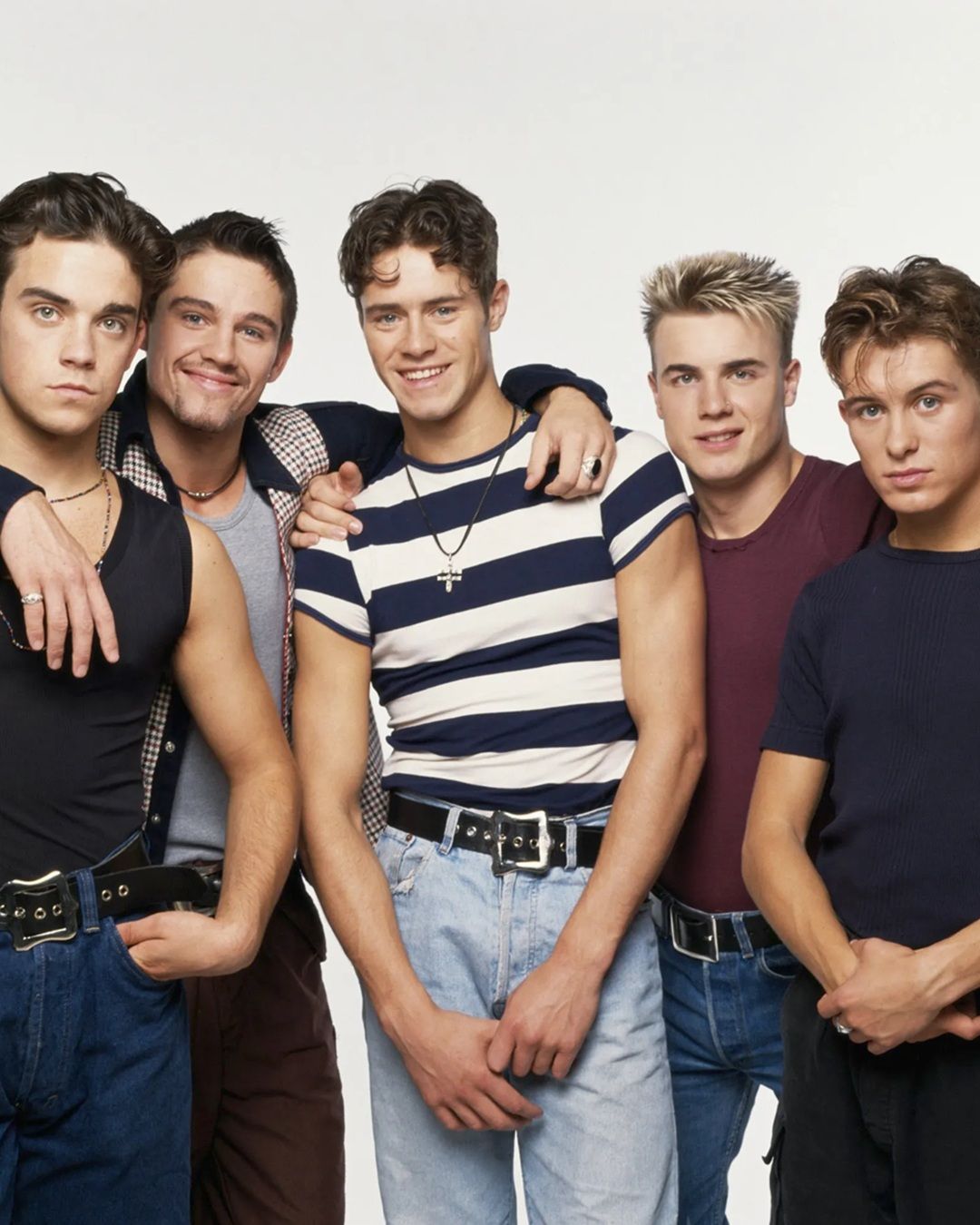
What the "The Idol" case tells us about the myth of male genius And why Hollywood likes it so much
"It was supposed to be a critique of fame-seekers in the post-Trump era, but we ended up making a show that had all the things we wanted to make fun of," said a member of "The Idol" crew in Rolling Stone's investigation of the film by Sam Levinson (director of "Euphoria"). These days, "The Idol" case has erupted in the international press, all the way to us, on our computers, in our feeds, in our conversations. We have already talked about the controversies surrounding the show, but not yet about what else the vision of the "male genius" means in our daily lives, on our computers, in our feeds, in our conversations. Rolling Stone's investigation does not contain allegations of misconduct, but criticises the kind of unchecked and arrogant power that can lead to toxic behaviour and even abuse. Despite the #MeToo movement, Hollywood still seems to focus on the misguided concept of the male genius. Historically, women who work in difficult environments are often seen as difficult, divas or even blacklisted outright. In contrast, men like Levinson and Tesfaye (The Weekdn) see drudgery as the hallmark of the male creative process and its genius. If you disagree with this view, it's because you do not understand how great - and uncontrolled - the effort must be to create a work of such value. Or perhaps not.
But let us take a step back. According to reports from Deadline, The Weeknd - who plays Tedros in the series - had already spoken out about the show's first script, saying it had a "too feminine look" Rolling Stones US, however, revised that version, arguing that the show was too focused on the artist's co-star (Depp) and did not give his character enough space. Then came a Variety article reporting in April 2022 that Amy Seimetz, the original director of The Idol, had left the series when 80 per cent of the filming had already been completed. This raised initial doubts about the stability of the set. According to sources within the production, HBO seems to have caused serious problems for the director, so much so that she reportedly felt let down and was frustrated with the management of the situation. Meanwhile, Levinson, who was already involved in the project, stepped in as the new director to finish the series. This led to a complete creative overhaul of the project as well as a significant increase in costs: the original budget of $54-75 million was exceeded. After the exit of Seimetz and the arrival of Levinson, the creator of Euphoria completely revamped the original cast, bringing in big names like Rachel Sennott, Jennie from BLACKPINK, Dany Levy and Moses Sumney. It also increased the amount of explicit sex scenes and nudity and introduced scenes of violence that some have compared to porn.
Lily-Rose Depp, on the other hand, said Levinson was "the best director" she'd ever worked with and "I have never felt more protected on a set than I did on the set of The Idol." Although the actress tried to play it down, it seems clear that Levinson has a penchant for stories about female trauma, sexualisation and creating a toxic climate on set. This was evident in her previous work Assassination Nation, Malcolm & Marie and Euphoria itself, which was criticised for frequently using gratuitous nudity in a series about teenagers, subjecting the crew to gruelling work schedules and pressuring the actresses.
Many of the changes in the script involve Lily-Rose Depp. But it's patronising to assume that Depp is somehow a victim in all this. Just as Levinson treats Zendaya with reverence on the set of Euphoria, it's easy to imagine the same is true of Depp. Even more significant is Levinson's relationship with women who are not as well known as Zendaya or Depp. Aside from the experiences of team members, a salient example of this is another instance in which Levinson allegedly created a toxic set, this time with Barbie Ferreira during the filming of the second season of Euphoria. Despite Ferreira's public declaration that there was no bad blood between Levinson and her, there were rumours that the director and actress had fallen out over the story arc of Ferreira's character, Kat Hernandez. Kat was significantly less involved in the plot of the second season and in August 2023 Ferreira announced her exit from the series Euphoria.
While it is true that one must wait for a product before judging it, it is also true that an investigation is still an investigation, that those who worked on the product spoke out and denounced the gruelling working hours, and that working conditions must always be separate from the whims of everyone, including Hollywood. And that nothing - ever - should justify these behaviours, certainly not the myth of the "male genius"


















